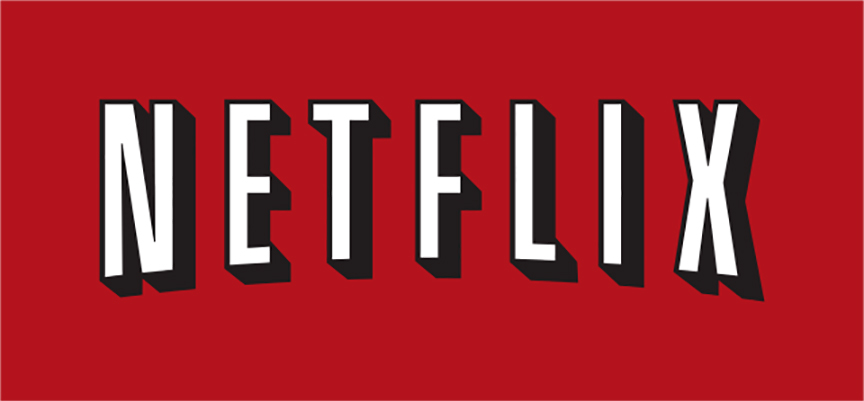When Bong Joon-ho’s newest film, “Okja,” premiered at the prestigious Cannes Film Festival last week, it was met with a chorus of boos while being projected in the wrong aspect ratio for 10 minutes. The film was restarted in the correct format, but the audience was still merciless.
While this may seem to be an indication of the film being poorly received, “Okja” is hardly the first film to be jeered at Cannes. In fact, some think it a good thing to be booed by the festival-goers. Classics such as “Pulp Fiction,” “The Tree of Life” and “Taxi Driver” were all booed at the festival for various reasons, ranging from being too violent to too vague, before all three of them eventually took home the festival’s top jury prize. While “Okja” didn’t take home the Palme d’or, it was received quite well by critics. It is an interesting case of the Cannes boos because the boos weren’t for anything Bong Joon-ho put to screen, they were for the logo of the film’s distributor, Netflix.
To most people, especially Americans, booing Netflix seems sacrilegious, but to a lot of film purists, Netflix is viewed as a threat to cinema itself. Cannes Film Festival is almost wholly comprised of these traditionalists. This beef with the streaming giant stems from the fact that films distributed by Netflix only go out to the small screen. Unlike Amazon Studios, Netflix chooses to not give their films theatrical runs, so unless you get to see “Okja” at a film festival, your theatrical experience with “Okja” is restrained to the size of screen you choose to watch it on.
To these cinephiles who are openly against Netflix distributing films, Netflix’s refusal to give films like “Okja” a theatrical run is a huge contribution to what they see as the denudation of cinema as an art form. This sentiment isn’t completely without merit as most people would agree that a film is best experienced in a theater on the big screen. Keeping films by auteurs like Bong Joon-ho off Netflix and in the art theater is these film purists way of stopping the complete McDonaldization of the cinema experience that has been brought on by multiplex theaters and a market saturation of shallow blockbuster fare.
When put that way, the Cannes boo-ers seem to have a cause. However to those who can’t afford to go visit the theater to see everything that they want, and don’t live in major film markets like New York City, Los Angeles or southern France, those reasons for an anti-streaming stance become reasons that could only be championed by an elitist luddite. It isn’t a denudation of cinema as an art form, it is merely a necessary change.
When art films and independent films are kept off of streaming services, everyone that isn’t in a top-tier film market suffers. For instance, of the 21 films that were in competition at the 2016 Cannes Film Festival, only two (“Loving” and “American Honey”) made it to Tuscaloosa’s lone movie theater. This left anyone in middle to low tier film markets at the mercy of streaming services to get a chance to ever view the films. The only films from the 2016 competition lineup to make it to streaming services were the four distributed by Amazon Studios and their frequent partner, A24.
As a bit of a cinephile myself, I too wish that art films and foreign films could make it to a theatrical market like Tuscaloosa, but I know that if I’m realistic with myself, my only theater option is more often than not whatever franchise reboot, sequel or prequel that Hollywood has cranked out to the local Cobb Theater. Therefore, I am more than appreciative when streaming services like Amazon Video or Netflix offer me exclusive access to films like “Okja.” Streaming services aren’t diluting the cinematic experience, they are giving it the tools to adapt and grow.
In a world with no streaming services, a film like “Okja” would gain much less exposure, much less money and much less appreciation from film fanatics all around the world that do not live near an arthouse theater. Like the original Luddites who were left in the dust after fighting against the streamlining of textile production in the 1800s, those that claim to be film purists but disapprove of streaming art films are only waiting to get left in the dust by a growing and evolving worldwide community of film fans.







